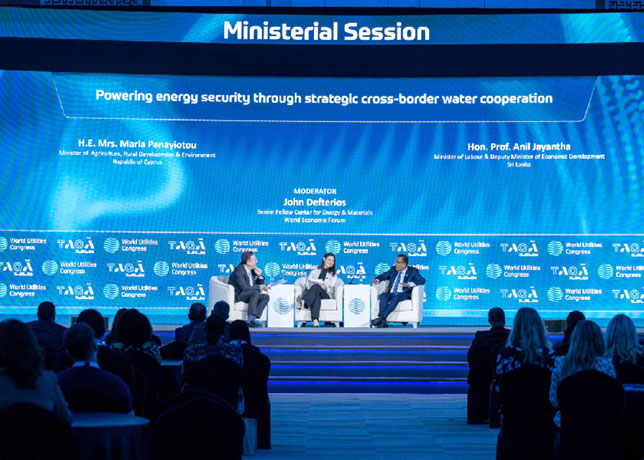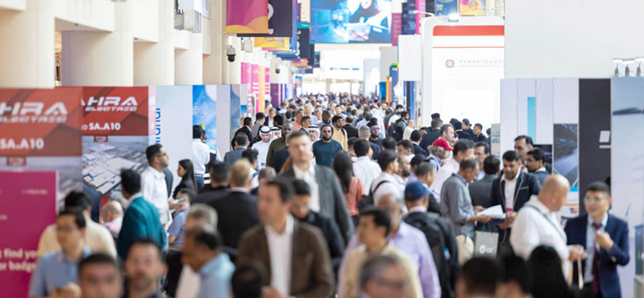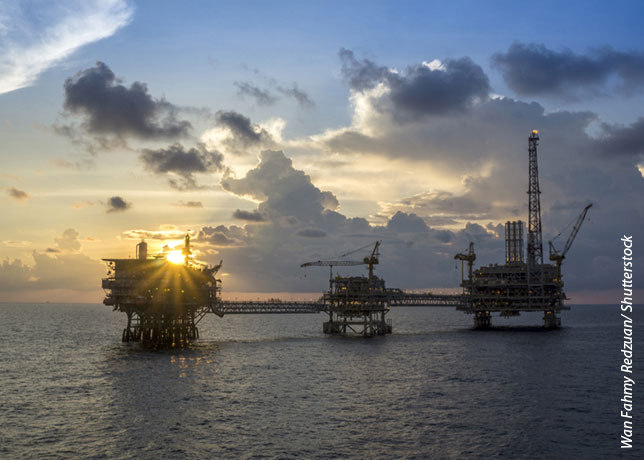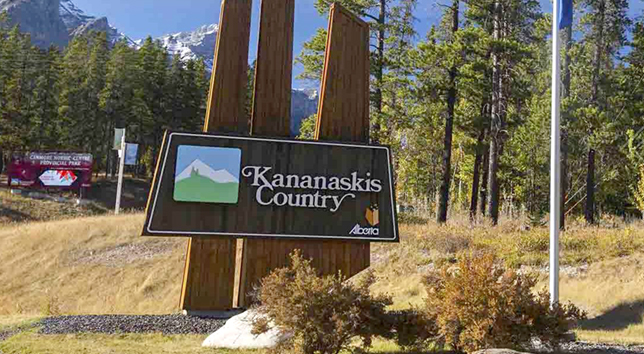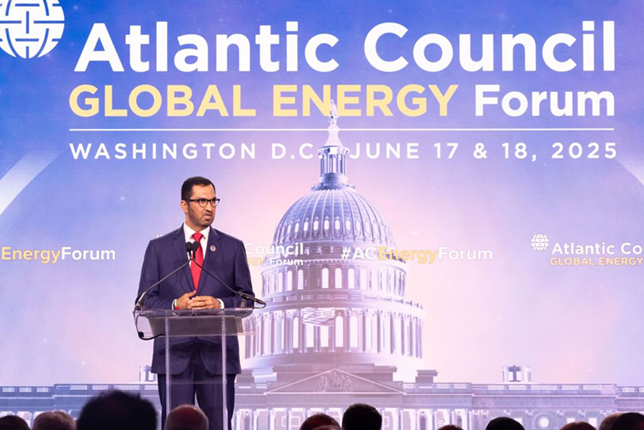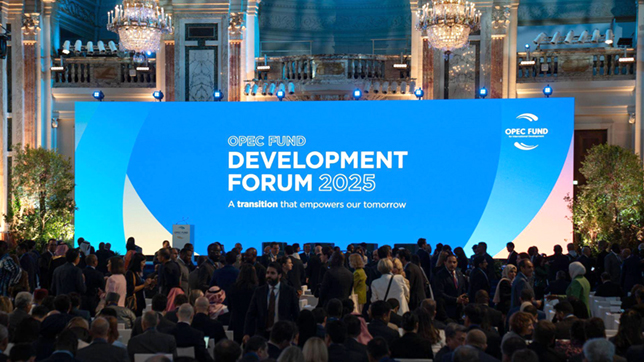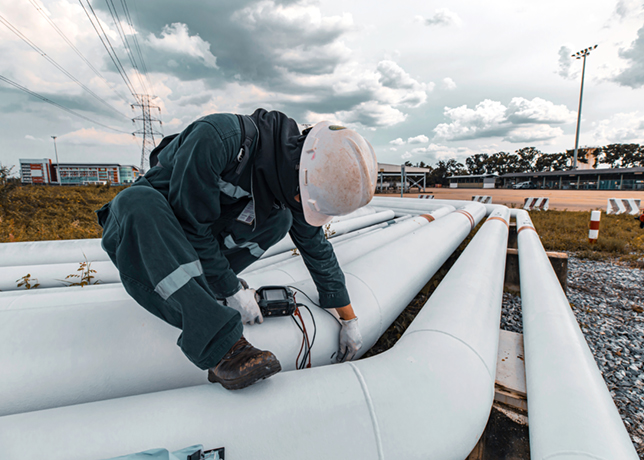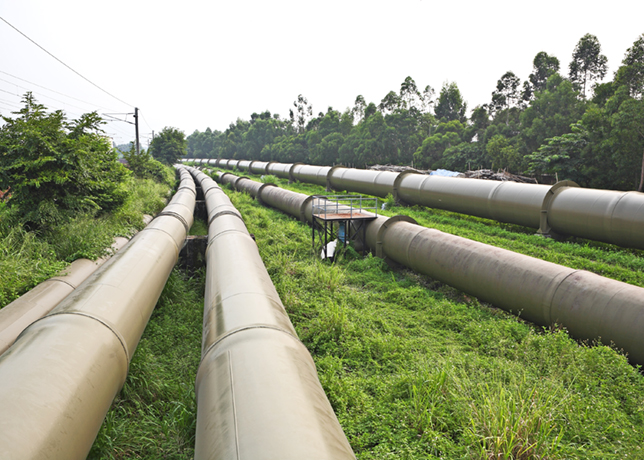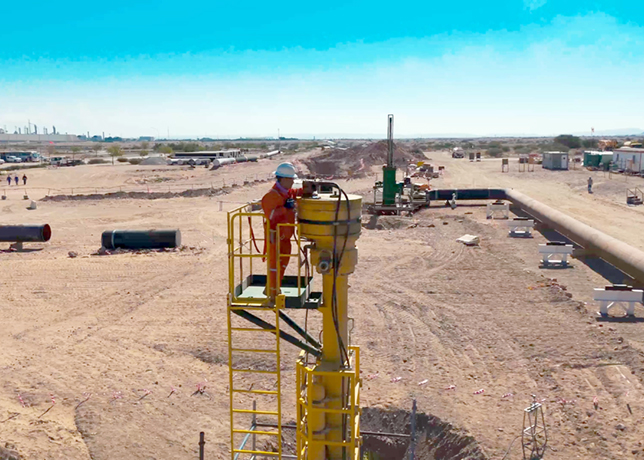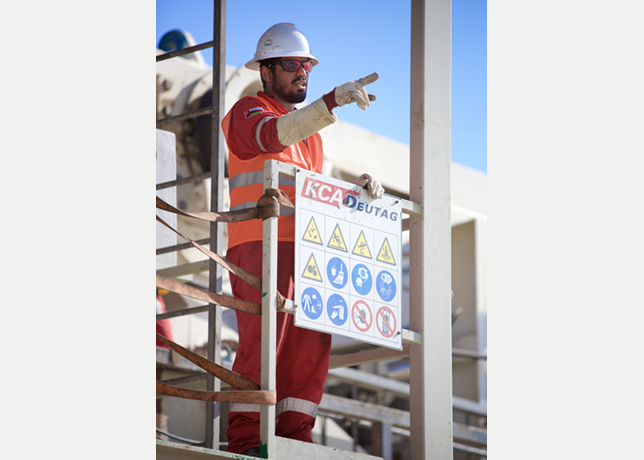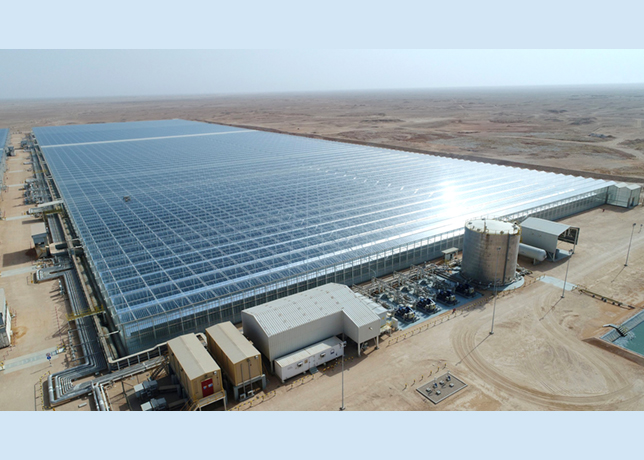
 European businesses are demonstrating resilience by adapting their strategies to balance sustainability with profitability
European businesses are demonstrating resilience by adapting their strategies to balance sustainability with profitability
The new EU climate flexibility aligns with the industry’s pragmatic shift to sustainable, cost-effective energy strategies, which encourage scalable solutions tailored to regional and sectoral needs
In the face of soaring energy costs and grid instability, European businesses are recalibrating their approach to the energy transition, seeking to harmonise ambitious net-zero targets with commercial viability.
Recent developments, including the European Union’s (EU) proposed 90 per cent emissions reduction target by 2040 with flexible pathways, reflect a broader shift already evident in industry strategies.
Aggreko’s Rebalancing the Energy Transition report, based on a July 2024 survey of 400 CEOs from energy-intensive sectors across the UK, Germany, France, and Italy, reveals that 95 per cent of large businesses have adjusted their net-zero timelines due to market pressures.
This pragmatic pivot underscores a critical moment for Europe’s high-energy users as they navigate economic challenges while maintaining commitment to sustainability.
NAVIGATING ECONOMIC & ENVIRONMENTAL PRIORITIES
The energy transition in Europe is at a crossroads, with businesses grappling with high inflation, supply chain disruptions, and grid limitations.
Aggreko’s research highlights that 50 per cent of CEOs have extended their net-zero timelines, while 37 per cent have adjusted short-term goals but remain on track for long-term targets.
Only 9 per cent have accelerated their plans, reflecting the cautious approach driven by economic realities.
Despite these adjustments, 90 per cent of executives plan to increase investment in energy transition initiatives over the next 12 months, though most anticipate only marginal increases.
This measured approach stems from the prioritisation of cost reduction and commercial advantage, with 40 per cent of CEOs citing these as top priorities, compared to 38 per cent who rank decarbonisation among their top three concerns.
The EU’s recent proposal, reported in October 2024, to cut net greenhouse gas emissions by 90 per cent from 1990 levels by 2040, introduces flexibility for industries through international carbon credits and tailored pathways.
This policy shift aligns with the industry’s need for pragmatic solutions, as evidenced by Aggreko’s findings that only 12 per cent of CEOs prioritise the speed of decarbonisation over commercial goals.
Sectors such as manufacturing, data centres, and petrochemicals face intense pressure to comply with stringent regulations like the Corporate Sustainability Due Diligence Directive, which mandates addressing environmental impacts across value chains.
Yet, the economic climate—marked by high energy costs and low growth—has led many to slow environmental, social, and governance (ESG) plans to focus on core business resilience.
Decentralised energy solutions are emerging as a cornerstone of this rebalancing act.
Aggreko’s report notes that 87 per cent of surveyed businesses already employ such systems, with 54 per cent planning to expand their use.
These solutions, including battery energy storage systems and renewable energy integrations, offer flexibility and resilience against grid volatility, which analysts identify as a major barrier to Europe’s energy transition.
In the UK and Germany, over 90 per cent of CEOs utilise decentralised energy, while France and Italy report 84 per cent and 79 per cent adoption, respectively.
The urgency to move away from traditional grid reliance is particularly pronounced in the UK and Italy, where 18 per cent of CEOs plan to invest in these solutions within the next five months.
STRATEGIC PARTNERSHIPS & FLEXIBLE FINANCING
The path to a sustainable and profitable energy transition hinges on strategic supply chain collaboration and innovative financing models.
Aggreko’s research identifies supply chain risks as a major concern, with 49 per cent of CEOs citing it among the top risks to their energy transition, and 21 per cent ranking it as the primary challenge.
Access to technology (47 per cent) and lack of investment (45 per cent) also loom large, underscoring the need for robust partnerships with energy solution providers.
The report highlights that 16 per cent of CEOs view data insights as the most critical factor in supporting their transition, outranking other factors like dedicated ESG directors or energy consultants.
Traditional energy contracts remain the most popular procurement method at 46 per cent, but power purchase agreements (PPAs) and energy-as-a-service (EaaS) models are gaining traction at 43 per cent and 42 per cent, respectively.
In France and the UK, PPAs are preferred, while Italy leans towards EaaS, and Germany favours traditional contracts.
Notably, 36 per cent of CEOs still opt for capital purchases (Capex), despite the financial strain in a cost-sensitive market.
Flexible models like leasing and EaaS are increasingly seen as lower-risk alternatives, allowing businesses to adopt greener technologies without significant upfront costs.
Aggreko’s Energising Change framework exemplifies this approach, offering Greener Upgrades to support energy-intensive industries.
By integrating technologies like battery storage and providing expertise, Aggreko enables businesses to adopt sustainable solutions while mitigating risks associated with capital investment.
This aligns with the EU’s flexible climate strategy, which encourages scalable solutions tailored to regional and sectoral needs. Recent industry trends, reported in September 2024, show a surge in renewable energy adoption, with Europe’s renewable capacity expected to grow by 8 per cent annually through 2030, driven by such innovative approaches.
The multifaceted challenges—commercial viability, stakeholder support, and green energy intermittency—require a nuanced strategy.
In Germany and France, stakeholder support is the primary barrier, while UK executives cite green energy intermittency, and Italian CEOs focus on commercial viability.
These regional variations highlight the need for customised solutions, with 71 per cent of CEOs reporting financing in place for decentralised energy investments, though 22 per cent remain without funding, indicating a gap that strategic partnerships can bridge.
As Europe’s energy landscape evolves, businesses are demonstrating resilience by adapting their strategies to balance sustainability with profitability.
The EU’s flexible climate targets, combined with industry’s shift towards decentralised energy and collaborative supply chains, offer a viable path forward.
Aggreko’s findings suggest that while net-zero plans may be delayed, they are far from derailed.
By leveraging data-driven insights, innovative financing, and scalable technologies, European businesses can lead the energy transition while maintaining competitiveness in a challenging market.










